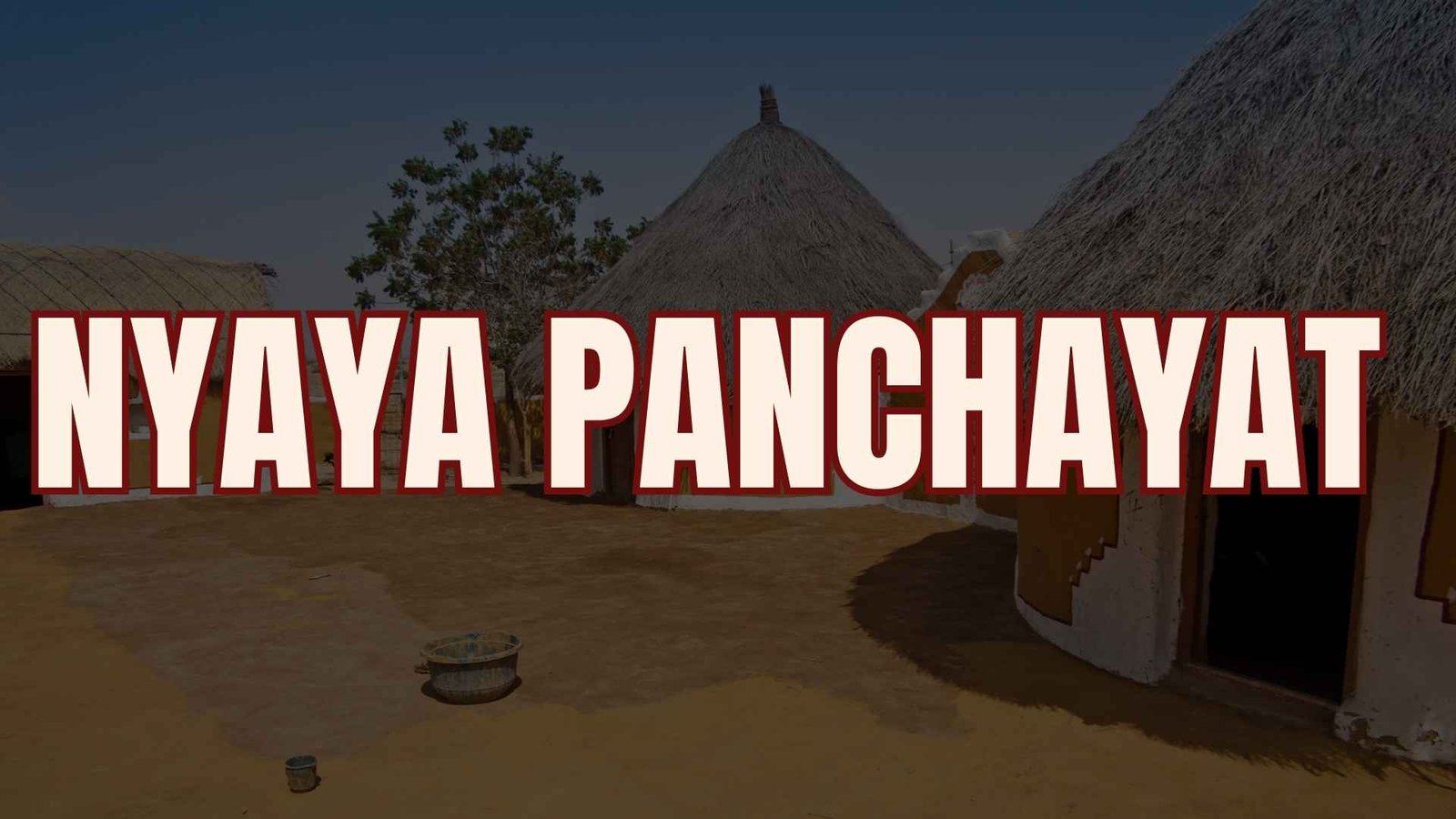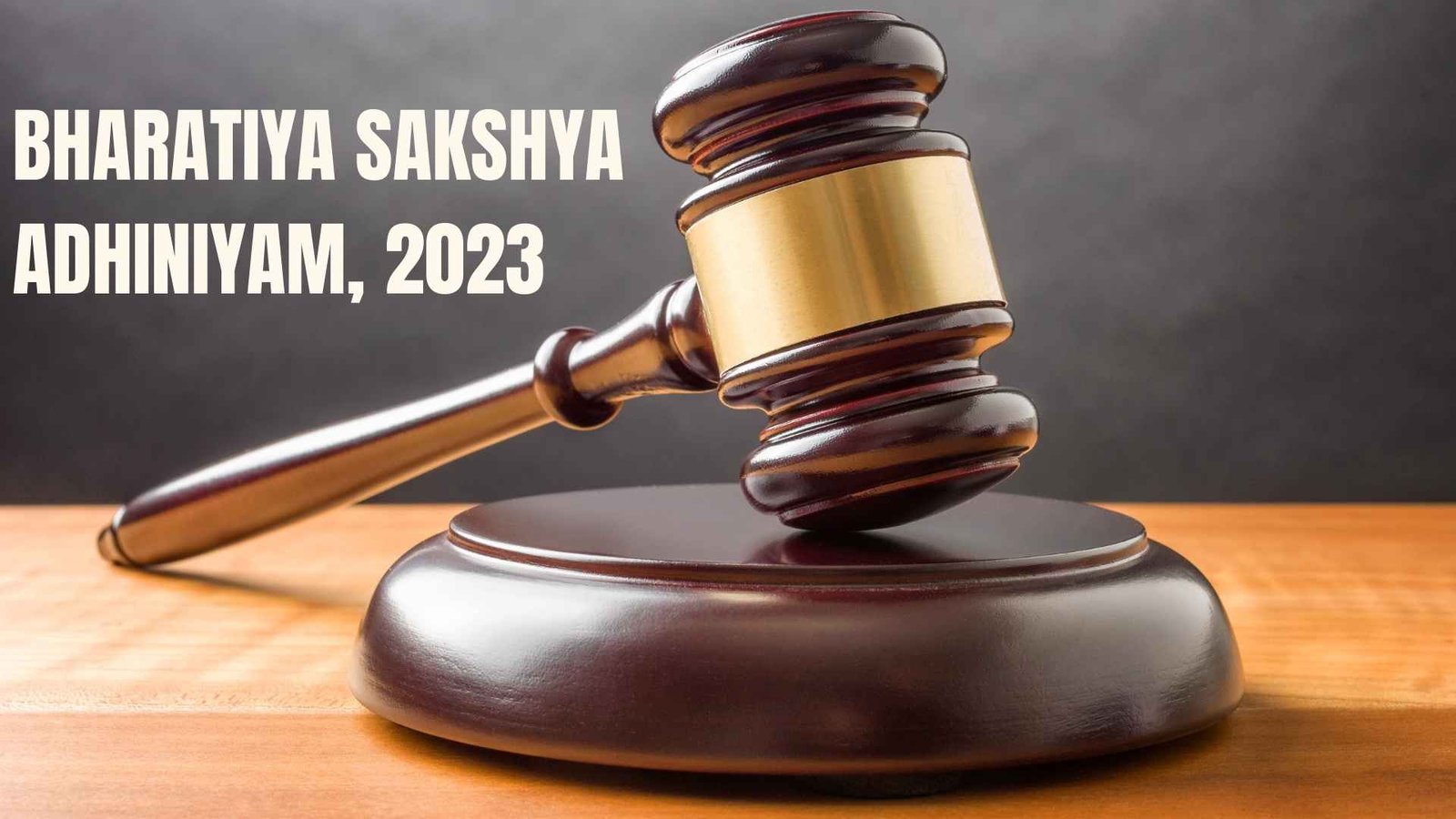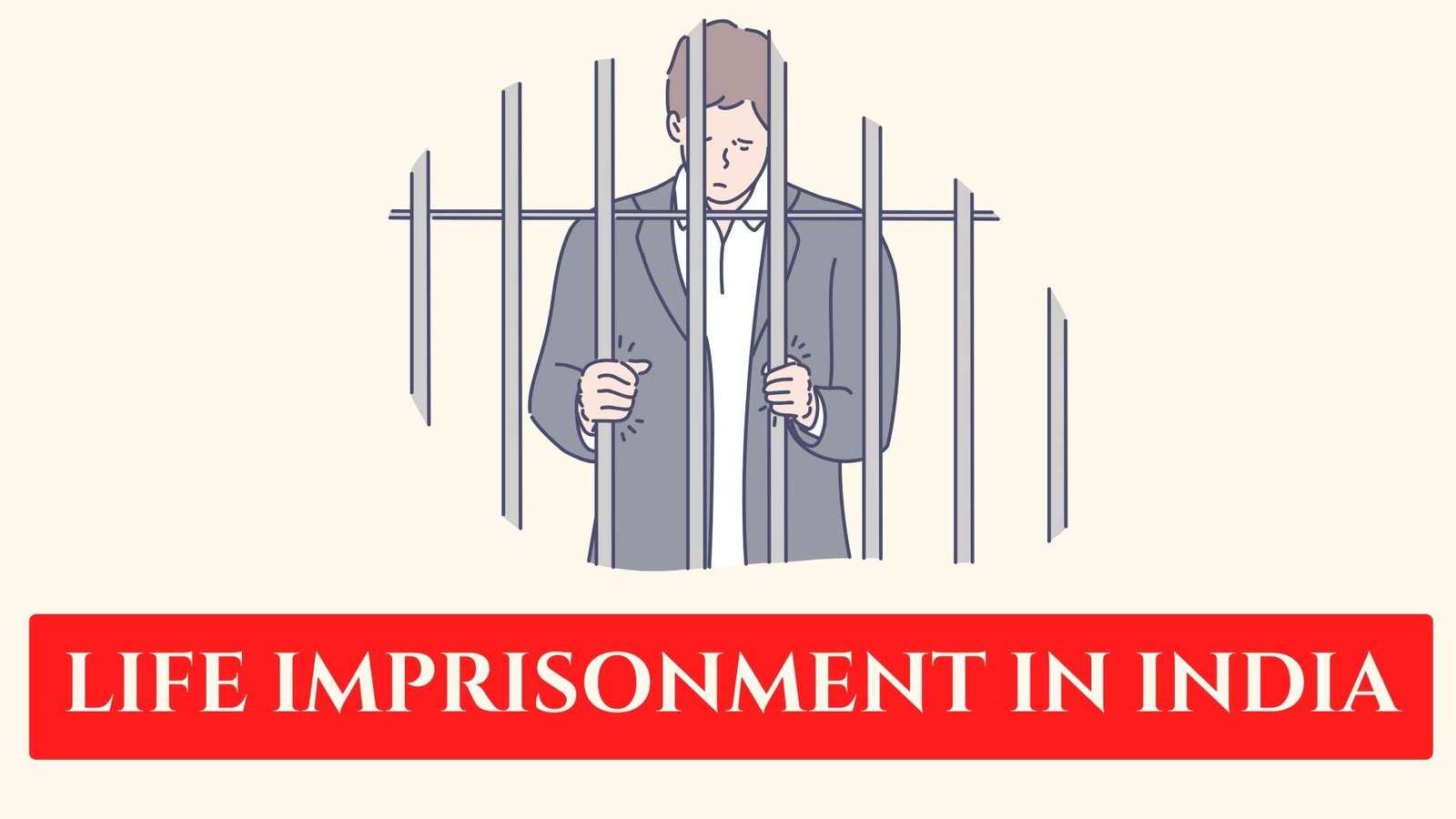On this page you will read detailed information about Nyaya Panchayat.
Have you ever wondered how justice is served in rural India? Enter the Nyaya Panchayat, a grassroots judicial system that brings dispute resolution to the village level. As you explore this unique institution, you’ll discover how it blends traditional practices with modern governance. The Nyaya Panchayat serves as a vital link between India’s formal courts and its vast rural population, offering accessible and swift justice. In this article, you’ll learn about the structure, functions, and significance of the Nyaya Panchayat system. Prepare to delve into a fascinating aspect of India’s legal landscape that plays a crucial role in maintaining social harmony and order in its villages.
What Is Nyaya Panchayat?
Nyaya Panchayat, a cornerstone of India’s village justice system, is a community-based dispute resolution mechanism designed to provide accessible and affordable justice at the grassroots level. This system evolved from traditional panchayati raj institutions and has been modernized to address the legal needs of rural populations.
Structure and Composition
Nyaya Panchayats typically consist of respected community members known as “Panchas” or “Panchayat members,” along with a presiding Nyayadhikari (judicial officer). These individuals are either elected or nominated from the local community, ensuring that decisions are grounded in local customs and traditions.
Jurisdiction and Functions
Nyaya Panchayats have jurisdiction over minor civil and criminal cases, such as:
- Simple injuries
- Wrongful possession
- Petty thefts
They can impose fines up to ₹100 but cannot send anyone to jail. The primary functions of Nyaya Panchayats include:
- Resolving disputes through conciliation
- Conducting inquiries and recording evidence
- Promoting speedy resolution of conflicts
Legal Framework and Evolution
The Gram Nyayalayas Act of 2008 provided a legal framework for establishing Gram Nyayalayas (village courts) at the intermediate panchayat level. These courts are equivalent to the Court of First Class Judicial Magistrates, further strengthening the Nyaya Panchayat system.
As of 2022, 476 Gram Nyayalayas have been notified across 15 states, with 258 operational in 10 states. These courts have handled over 43,000 cases, demonstrating their significant role in India’s justice system.
History and Origin of Nyaya Panchayat
Ancient Roots
The Nyaya Panchayat system has deep historical roots in India, dating back to the Vedic era. These village-level dispute resolution bodies were part of the Vedic Sabha and Samiti, elected assemblies that even granted voting rights to women. The concept of community-based justice was integral to Indian society long before formal legal systems were established.
British Colonial Era
The British colonial government recognized the importance of these local justice systems. In 1888, the Village Courts Act was passed, granting formal administrative and judicial responsibilities to village authorities. This legislation was later revised in 1920 and 1951, further solidifying the role of Nyaya Panchayats in rural India.
Post-Independence Development
After India gained independence, the Nyaya Panchayat system continued to evolve. Most Indian states established statutory Nyaya Panchayats under the Directive Principles of State Policy. The system aimed to provide accessible and affordable justice at the grassroots level, reducing the burden on formal courts.
Constitutional Recognition
The Indian Constitution provides support for Nyaya Panchayats under Article 39A, which directs the state to ensure access to justice for all citizens. The 73rd Constitutional Amendment Act of 1992 further strengthened the Panchayati Raj Institutions, including Nyaya Panchayats, by granting them constitutional status.
Modern Reforms
In recent years, efforts have been made to revitalize and strengthen the Nyaya Panchayat system. The Gram Nyayalayas Act of 2008 provided a statutory framework for establishing village-level courts equivalent to First Class Judicial Magistrates. This legislation aims to bring justice closer to rural populations and address the challenges faced by traditional Nyaya Panchayats.
In the previous post, we had shared information about Key Features of the Bharatiya Sakshya Adhiniyam, 2023, so read that post also.
How Nyaya Panchayat Functions as Local Courts
Composition and Jurisdiction
Nyaya Panchayats serve as community-based dispute resolution systems at the village level in India. These local courts typically consist of a Nyaya Adhikari (judicial officer) and respected community members called Panches, who collectively make decisions. The Nyaya Panchayat has jurisdiction over minor civil and criminal cases, including small property disputes, family matters, petty theft, and simple injuries.
Dispute Resolution Process
The primary aim of Nyaya Panchayats is to provide speedy and accessible justice. They employ simplified procedures to call witnesses, conduct local inquiries, and pass judgments. These courts emphasize conciliation and compromise, often drawing upon local customs and traditions to resolve disputes. This approach helps reduce the burden on higher courts while providing justice at the grassroots level.
Legal Framework and Implementation
The Gram Nyayalayas Act of 2008 modernized the Nyaya Panchayat system, establishing mobile courts and emphasizing summary procedures. As of February 2022, 476 Gram Nyayalayas have been notified across 15 states, with 258 operational in 10 states. These courts have handled over 43,000 cases, demonstrating their significant role in enhancing access to justice.
Challenges and Potential
While Nyaya Panchayats offer numerous benefits, they face challenges such as lack of formal legal training among members, resource constraints, and enforcement issues. However, they hold substantial potential to improve access to justice, especially in rural areas. By providing affordable and quick resolution of disputes, Nyaya Panchayats play a crucial role in India’s justice system, aligning with the constitutional directive under Article 39A to ensure equal access to justice for all citizens.
Powers and Jurisdiction of Nyaya Panchayats
Nyaya Panchayats, as the judicial arm of India’s village-level governance system, wield significant authority in resolving local disputes. These grassroots institutions play a crucial role in providing accessible justice to rural communities.
Civil and Criminal Jurisdiction
The jurisdiction of Nyaya Panchayats encompasses both civil and criminal matters. In civil cases, they have the power to adjudicate disputes related to property, damages, and breaches of contract. On the criminal front, Nyaya Panchayats can handle minor offenses such as simple theft, trespassing, and petty injuries.
Limitations on Authority
While Nyaya Panchayats have broad jurisdiction, there are limitations to their authority. They can impose fines up to ₹100 but lack the power to sentence individuals to imprisonment. This restriction ensures that more serious offenses are handled by the formal court system.
Procedural Powers
Nyaya Panchayats follow a simplified procedure designed for quick resolution of disputes. They have the authority to summon witnesses, investigate facts, and even punish for contempt. Interestingly, lawyers are not permitted to appear before Nyaya Panchayats, promoting a more direct and informal approach to conflict resolution.
Appeals and Oversight
While Nyaya Panchayats aim to provide swift justice, their decisions are not beyond scrutiny. Parties dissatisfied with a Nyaya Panchayat’s ruling can appeal to the court of the district judge within 30 days. This provision ensures a balance between local autonomy and judicial oversight, maintaining the integrity of the legal system.
Composition and Appointment of Nyaya Panchayat Members
The Nyaya Panchayat, a cornerstone of India’s village justice system, is carefully structured to ensure fair representation and effective dispute resolution at the grassroots level. Let’s delve into the composition and appointment process of these vital judicial bodies.
Key Members and Their Roles
The Nyaya Panchayat typically consists of several key members, each playing a crucial role in the dispensation of justice:
- Nyaya Adhikari (Judicial Officer): This individual presides over the proceedings and leads the Nyaya Panchayat. The Nyaya Adhikari is appointed by the state government after consultation with the high court and must meet the qualifications of a First-Class Judicial Magistrate.
- Panches (Members): Usually numbering between 3-5, these local community members assist in decision-making and bring valuable local insights to the proceedings.
- Local Representatives: In some cases, elected officials may be included to strengthen the connection with broader local governance structures.
- Legal Advisors: To ensure proper legal guidance, experts in relevant laws may be part of the Nyaya Panchayat.
Appointment Process and Representation
The appointment process for Nyaya Panchayat members is designed to ensure diversity and fair representation:
- The state government issues notifications for the appointment of Nyaya Adhikaris, ensuring representation from Scheduled Castes, Scheduled Tribes, and Women.
- The Gram Sabha, comprising all adults above 18 years in the village, elects the Panch or Ward members.
- Participation in the Nyaya Panchayat is voluntary, and both parties in a dispute must agree to bring their case before it.
This carefully crafted composition and appointment process ensures that the Nyaya Panchayat remains an accessible, representative, and effective means of dispute resolution at the village level, embodying the principles of local governance and justice.
Nyaya Panchayat Procedures for Dispute Resolution
Filing a Complaint
The Nyaya Panchayat process typically begins when a villager files a complaint. According to the Gram Nyayalayas Act of 2008, these local judicial bodies have jurisdiction over a range of civil and criminal matters, including property disputes, family conflicts, and petty crimes. To initiate proceedings, the aggrieved party submits a written or oral complaint to the Nyaya Panchayat, detailing the nature of the dispute.
Mediation and Conciliation
Once a complaint is received, the Nyaya Panchayat first attempts to resolve the conflict through mediation. The Sarpanch, or village head, often acts as a mediator, leveraging personal relationships and local customs to facilitate a mutually agreeable solution. This approach aligns with the Nyaya Panchayat’s core principle of promoting reconciliation rather than punishment.
Formal Hearings
If mediation fails, the Nyaya Panchayat conducts a formal hearing. During this process, the elected members examine evidence, hear testimonies from both parties, and may summon witnesses if necessary. The proceedings are designed to be simple and flexible, ensuring accessibility for all villagers regardless of their educational background.
Decision-Making and Enforcement
After considering all aspects of the case, the Nyaya Panchayat delivers a judgment. These decisions are legally binding, and non-compliance can result in fines or other penalties. However, it’s important to note that Nyaya Panchayats cannot impose jail sentences. Parties dissatisfied with the verdict have the option to appeal to higher judicial authorities, maintaining a balance between local justice and the formal legal system.
Types of Cases Handled by Nyaya Panchayats
Nyaya Panchayats, India’s village-level justice system, handle a variety of minor civil and criminal cases. These local dispute resolution bodies aim to provide swift and affordable justice to rural communities, addressing issues that might otherwise overwhelm the formal court system.
Civil Disputes
Nyaya Panchayats primarily deal with minor civil disputes that are common in village life. These include:
- Property disputes between neighbors
- Family conflicts, such as inheritance disagreements
- Recovery of movable goods up to a certain value
- Breach of contracts not involving immovable property
The emphasis in these cases is on conciliation and compromise, rather than adversarial proceedings. This approach aligns with the cultural context of rural India and promotes community harmony.
Petty Criminal Offenses
In the realm of criminal law, Nyaya Panchayats have limited jurisdiction. They handle petty offenses such as:
- Minor thefts
- Trespassing
- Simple injuries
- Insulting a woman’s modesty
- Damaging public property
It’s important to note that Nyaya Panchayats cannot adjudicate serious criminal offenses. Their power is restricted to imposing fines up to ₹100, and they cannot sentence anyone to jail time.
Specialized Cases
Interestingly, Nyaya Panchayats also have jurisdiction over cases under specific laws, including:
- The Prevention of Cruelty to Animals Act
- The Primary Education Act
- The Public Gambling Act
This diverse range of cases demonstrates the Nyaya Panchayat’s role in addressing various aspects of rural life and governance.
While Nyaya Panchayats offer distinct advantages in terms of accessibility and cultural relevance, they face challenges such as lack of legal expertise and limited enforcement powers. Nevertheless, they continue to play a crucial role in India’s grassroots justice system, providing a forum for dispute resolution that is deeply rooted in local communities.
Limitations and Criticisms of Nyaya Panchayat System
Lack of Legal Expertise
One of the primary criticisms of the Nyaya Panchayat system is the lack of formal legal training among its members. This deficiency can significantly impact the quality of decision-making and dispute resolution. Without a solid grounding in legal principles, Panchas and Nyaya Adhikaris may struggle to interpret and apply laws effectively, potentially leading to inconsistent or unfair judgments.
Resource Constraints
Insufficient resources pose another significant challenge to the Nyaya Panchayat system. Many of these village-level judicial bodies lack adequate infrastructure, funding, and support staff. These limitations can hinder their efficiency and overall functioning, making it difficult to provide timely and effective justice to rural communities.
Enforcement Challenges
The Nyaya Panchayat system faces difficulties in enforcing its decisions. Unlike formal courts, Nyaya Panchayats lack legal enforcement authority, which can lead to issues with compliance. This limitation can undermine the effectiveness of the system and erode public trust in its ability to deliver justice.
Potential for Bias and Undue Influence
There are concerns about the potential for bias and undue influence in Nyaya Panchayat proceedings. Since members are elected from the local community, they may be susceptible to pressures from powerful individuals or groups. This can compromise the fairness and impartiality of the proceedings, particularly in cases involving vulnerable groups such as women or lower castes.
Integration with Formal Legal System
The integration of Nyaya Panchayats with the formal legal system presents complex challenges. Issues of legal compatibility and the handling of complex cases can arise, potentially creating conflicts between Nyaya Panchayat decisions and formal legal judgments. This lack of seamless integration may lead to confusion and undermine the overall effectiveness of the justice system in rural areas.
Nyaya Panchayat FAQs: Frequently Asked Questions
A Nyaya Panchayat is a judicial body established at the village level in India to handle local disputes and minor criminal matters. It serves as an integral part of the Panchayati Raj system, providing quicker and more affordable justice to people in rural areas. The Nyaya Panchayat system has existed in India since ancient times as an informal, indigenous method of dispute resolution.
Nyaya Panchayats have limited jurisdiction and powers. They can:
i) Settle minor criminal cases such as theft, gambling, and simple injury
ii) Impose fines up to 100 rupees, but cannot send anyone to jail
iii) Resolve disputes related to child custody and maintenance of dependents
iv) Decide cases quickly and inexpensively
The Nyaya Panchayat system offers several advantages:
i) Easier access to justice, especially for rural populations
ii) Lower costs compared to the formal judicial system
iii) Reduced burden on civil courts
iv) Faster resolution of disputes at the local level
v) Utilization of local knowledge and customs in decision-making
Several committees and commissions have recommended revitalizing the Nyaya Panchayat system. Key suggestions include:
i) Establishing adequately financed Nyaya Panchayats at the tehsil level
ii) Appointing a legally trained presiding judge alongside two lay judges from the community
iii) Simplifying procedures and adopting a non-adversarial approach
iv) Implementing safeguards to prevent domination by influential groups
v) Providing sufficient jurisdiction and enforcement powers
These reforms aim to enhance the effectiveness of Nyaya Panchayats in promoting access to justice, particularly for marginalized communities in rural India.
Conclusion
As you have learned, the Nyaya Panchayat system plays a vital role in providing accessible justice at the grassroots level in India. By empowering local communities to resolve minor disputes through mediation and reconciliation, it alleviates the burden on formal courts while preserving social harmony. However, challenges remain in ensuring proper training, preventing bias, and balancing traditional practices with constitutional principles. As India continues to evolve, the Nyaya Panchayat system must also adapt to meet modern legal standards while retaining its core strengths of simplicity, affordability, and community involvement. Understanding this unique village justice system provides valuable insights into India’s rich tapestry of legal traditions and ongoing efforts to ensure justice for all citizens.
Disclaimer
The information and services on this website are not intended to and shall not be used as legal advice. You should consult a Legal Professional for any legal or solicited advice. While we have good faith and our own independent research to every information listed on the website and do our best to ensure that the data provided is accurate. However, we do not guarantee the information provided is accurate and make no representation or warranty of any kind, express or implied, regarding the accuracy, adequacy, validity, reliability, availability, or completeness of any information on the Site. UNDER NO CIRCUMSTANCES SHALL WE HAVE ANY LIABILITY TO YOU FOR ANY LOSS OR DAMAGE OF ANY KIND INCURRED AS A RESULT OR RELIANCE ON ANY INFORMATION PROVIDED ON THE SITE. YOUR USE OF THE SITE AND YOUR RELIANCE ON ANY INFORMATION ON THE SITE IS SOLELY AT YOUR OWN RISK. Comments on this website are the sole responsibility of their writers so the accuracy, completeness, veracity, honesty, factuality and politeness of comments are not guaranteed.
So friends, today we talked about Nyaya Panchayat, hope you liked our post.
If you liked the information about Nyaya Panchayat, then definitely share this article with your friends.
Knowing about laws can make you feel super smart ! If you find value in the content you may consider joining our not for profit Legal Community ! You can ask unlimited questions on WhatsApp and get answers. You can DM or send your name & number to 8208309918 on WhatsApp








